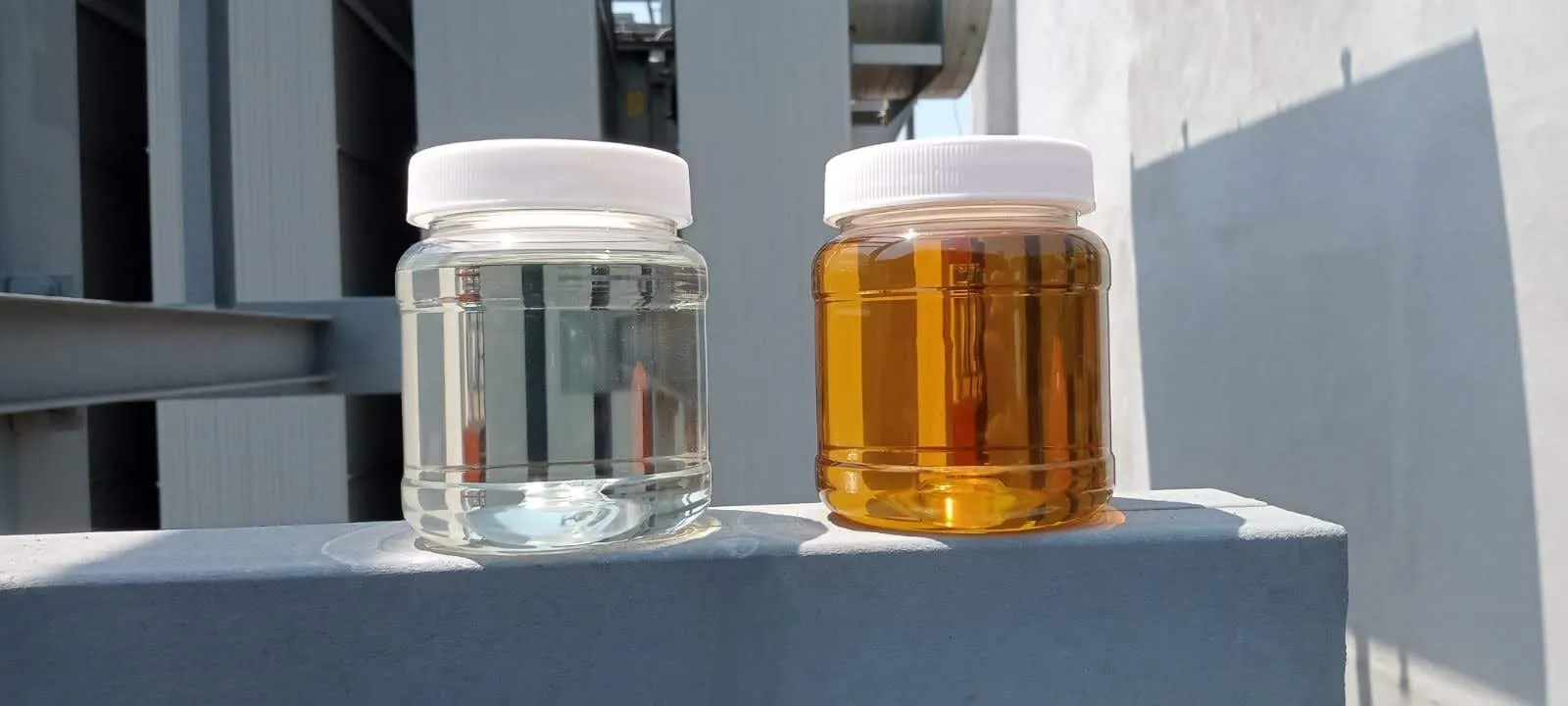 English
English


volume resistivity tester
Understanding Volume Resistivity Testers A Comprehensive Guide
In various fields such as materials science, electrical engineering, and quality control, the measurement of volume resistivity is a critical parameter. Volume resistivity is an inherent property of materials that quantifies how strongly they resist the flow of electric current. It's particularly relevant for insulating materials, polymer products, and composites. A volume resistivity tester is an essential tool used to evaluate this property and ensure that materials meet specific electrical standards.
What is Volume Resistivity?
Volume resistivity (often denoted as ρ) is defined as the resistance of a material to the flow of electric current through a unit volume. It's typically expressed in ohm-meters (Ω·m) or ohm-centimeters (Ω·cm). This property is pivotal in determining how well a material will function as an electrical insulator. In applications where electrical insulation is critical, such as in cables, circuit boards, and household appliances, understanding the volume resistivity is crucial for safety and efficiency.
Importance of Measuring Volume Resistivity
Measuring volume resistivity is vital for several reasons
1. Quality Control Manufacturers of electrical materials must ensure that their products meet certain resistivity standards. Consistent testing helps identify defects or inconsistencies in production.
2. Material Selection Engineers often need to compare the volume resistivity of different materials to choose the most suitable one for a particular application. This can be crucial in designing electronic devices, insulation systems, and other applications where electrical performance is critical.
3. Safety Compliance Many industries are subject to regulatory standards concerning electrical insulation properties. Volume resistivity testing helps ensure compliance with these standards, mitigating the risk of electrical failures or hazards.
4. Research and Development In laboratories, researchers study the electrical properties of new materials. Volume resistivity testing is often part of the R&D process to understand how novel materials can be utilized in practical applications.
How is Volume Resistivity Tested?
Volume resistivity testers come equipped with specialized mechanisms designed to measure the resistance properties of materials accurately. The testing mechanism usually involves applying an electrical voltage across a material sample and measuring the resulting current. The volume resistivity is then calculated using Ohm's Law, taking into account the dimensions of the sample.
volume resistivity tester

There are various methods and setups for testing volume resistivity, including
- Two-Point and Four-Point Probes These methods help improve measurement accuracy by reducing the effects of contact resistance, especially in materials with relatively low resistivity.
- Environmental Conditions Testing often needs to be conducted under controlled conditions, as temperature and humidity can significantly affect the resistivity of materials.
- Sample Conditioning Some materials, particularly polymers, may require conditioning (such as drying or curing) before testing to obtain consistent and accurate results.
Choosing the Right Volume Resistivity Tester
When selecting a volume resistivity tester, several factors should be considered
- Testing Range Ensure the tester can measure the specific range of resistivities relevant to your materials.
- Ease of Use Look for a tester with user-friendly interfaces and clear instructions, particularly if multiple operators are involved.
- Calibration and Standards A good volume resistivity tester should come with calibration guidelines and comply with relevant international standards (such as ASTM or IEC).
- Durability and Portability Depending on the testing environment, a portable and robust tester may be necessary, particularly for fieldwork or extensive laboratory use.
Conclusion
Volume resistivity testers are indispensable tools in the fields of material science and engineering. Their ability to measure the resistivity of insulating materials efficiently and accurately helps ensure product quality, compliance with safety standards, and informs the selection of materials for various applications. By understanding the fundamental principles and practical considerations surrounding volume resistivity testing, professionals can make informed decisions that enhance the reliability and performance of their products. With ongoing advancements in testing technology, the accuracy and ease of volume resistivity measurements continue to improve, paving the way for innovation in electrical insulation and material science.
-
Differences between open cup flash point tester and closed cup flash point testerNewsOct.31,2024
-
The Reliable Load Tap ChangerNewsOct.23,2024
-
The Essential Guide to Hipot TestersNewsOct.23,2024
-
The Digital Insulation TesterNewsOct.23,2024
-
The Best Earth Loop Impedance Tester for SaleNewsOct.23,2024
-
Tan Delta Tester--The Essential Tool for Electrical Insulation TestingNewsOct.23,2024





